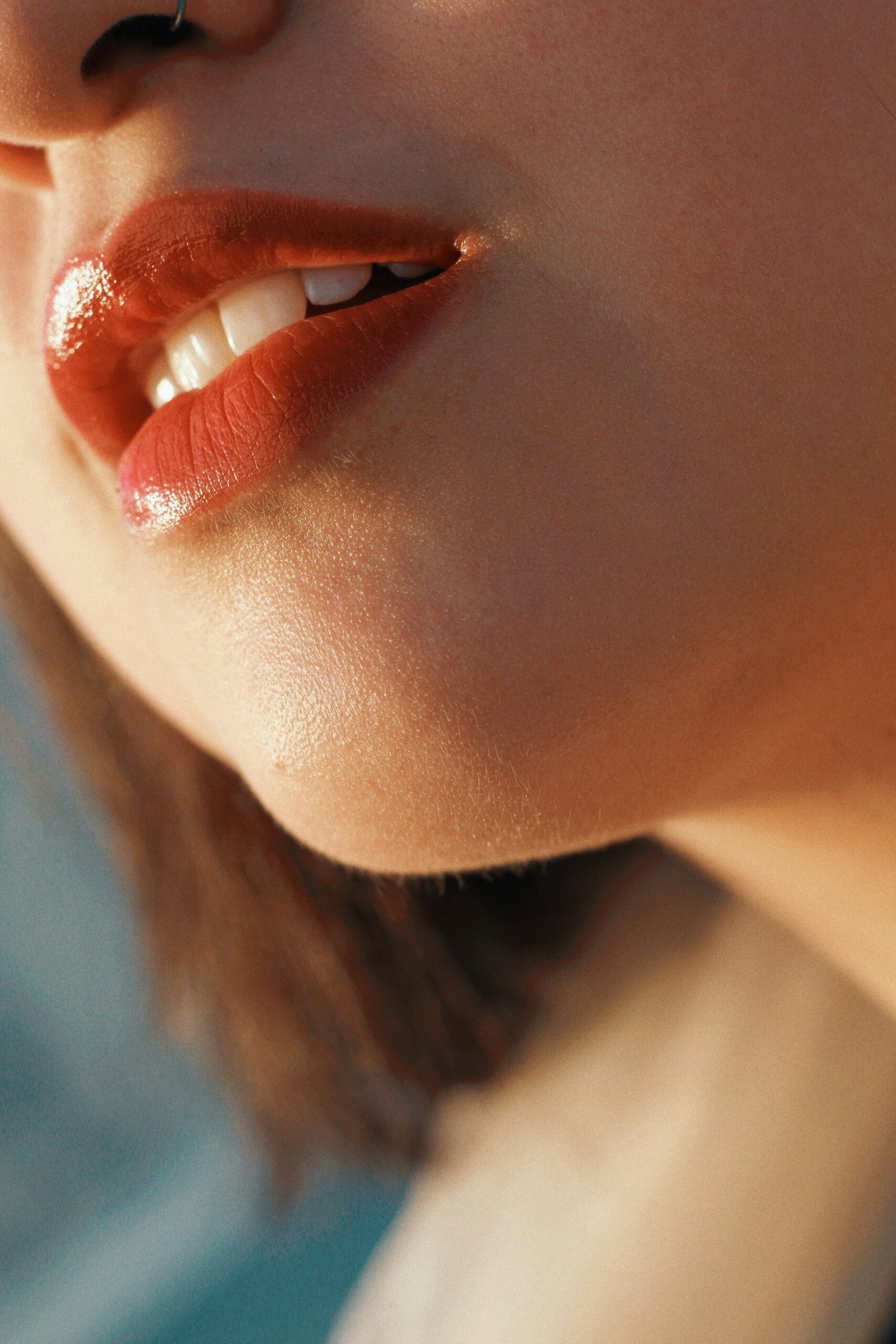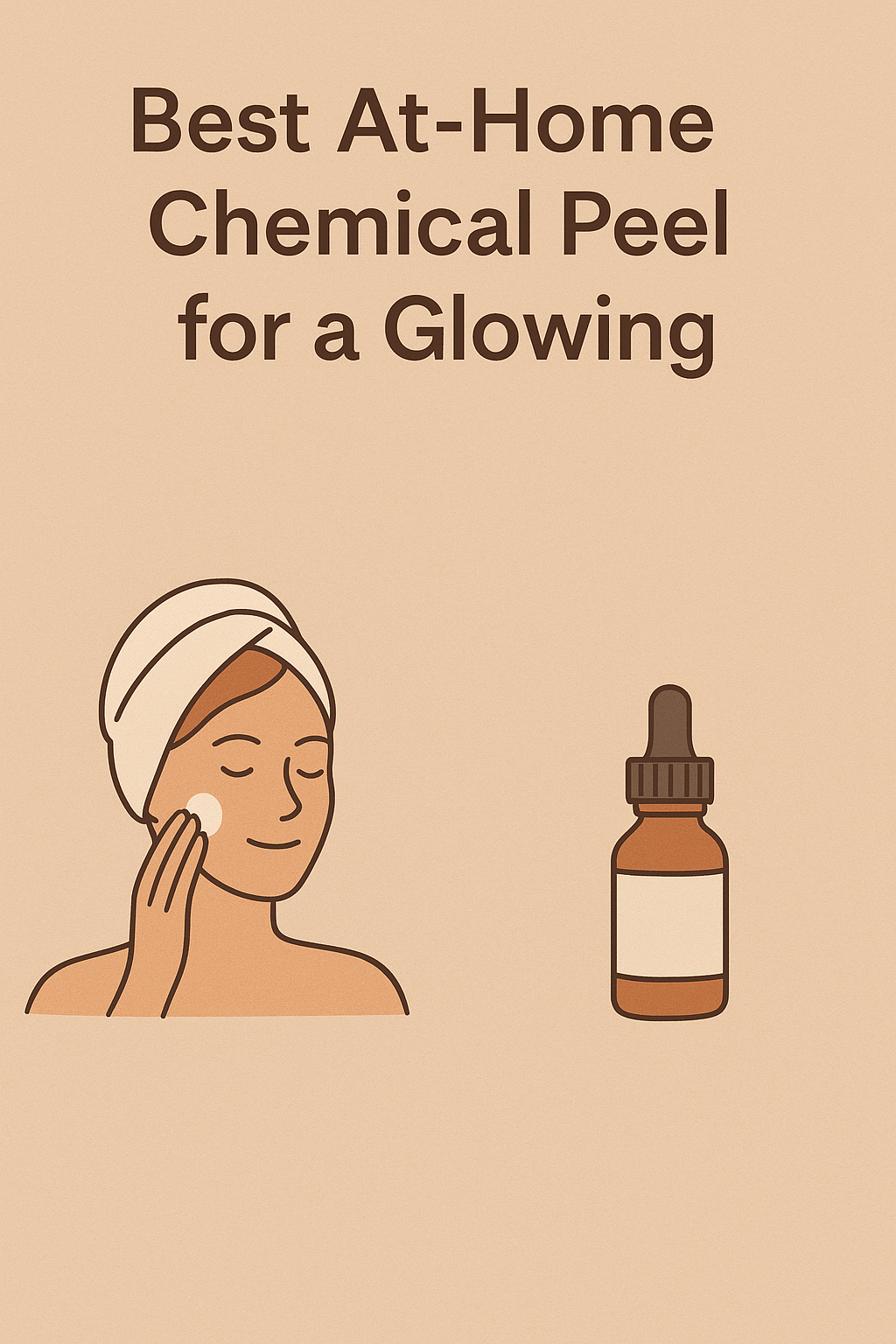Is Body Whitening Risky or Possible Naturally?
Body whitening, also known as skin lightening or skin bleaching, is a controversial topic that has gained significant attention in recent years. While some people are interested in achieving a lighter complexion for personal or cultural reasons, others are concerned about the potential risks associated with these practices. In this blog post, we will explore the concept of body whitening and discuss whether it is risky or possible to achieve naturally.
Understanding Body Whitening
Body whitening refers to the process of lightening the skin tone to achieve a fairer complexion. This can be done through various methods, including the use of topical creams, chemical peels, laser treatments, and even surgical procedures. The goal is to reduce the production of melanin, the pigment responsible for the color of our skin, in order to achieve a lighter shade.
It is important to note that body whitening is a personal choice, and individuals may have different reasons for wanting to lighten their skin tone. Some may seek to conform to societal beauty standards, while others may have cultural or historical influences that shape their preferences. It is crucial to respect and understand these diverse perspectives when discussing body whitening.
The Risks of Body Whitening
While body whitening may seem like a tempting solution for those seeking a lighter complexion, it is essential to consider the potential risks and side effects associated with these practices. Many commercial skin whitening products contain ingredients such as hydroquinone, mercury, and steroids, which can have harmful effects on the skin and overall health.
Hydroquinone, a common ingredient in skin whitening products, has been linked to various side effects, including skin irritation, redness, and even a condition called ochronosis, which causes the skin to become dark and thick. Mercury, another harmful ingredient, can lead to mercury poisoning and damage to the nervous system. Steroids, when used inappropriately, can cause thinning of the skin, acne, and increased vulnerability to infections.
Furthermore, the use of certain skin whitening methods, such as chemical peels and laser treatments, can also carry risks. These procedures can cause skin damage, burns, and scarring if not performed by a qualified professional. It is crucial to consult with a dermatologist or skincare specialist before undergoing any skin whitening treatment to ensure safety and minimize potential risks.
Natural Alternatives for Skin Lightening
If you are hesitant about the potential risks associated with body whitening, there are natural alternatives that can help achieve a lighter complexion without the use of harmful chemicals or procedures. While these methods may not provide dramatic results as quickly as commercial products or treatments, they offer a safer and more sustainable approach to skin lightening.
1. Lemon Juice: Lemon juice is a natural bleaching agent that can help lighten the skin. Apply freshly squeezed lemon juice to the desired areas and leave it on for about 15 minutes before rinsing off. Remember to moisturize the skin afterward, as lemon juice can be drying.
2. Turmeric: Turmeric is known for its skin-brightening properties. Create a paste by mixing turmeric powder with milk or yogurt and apply it to the skin. Leave it on for 20 minutes before rinsing off. Be cautious as turmeric can stain clothing and surfaces.
3. Aloe Vera: Aloe vera has soothing and healing properties that can help lighten the skin naturally. Apply fresh aloe vera gel to the skin and leave it on for 30 minutes before rinsing off. Regular use can help improve skin tone over time.
4. Exfoliation: Regular exfoliation can help remove dead skin cells and promote the growth of new, lighter skin. Use a gentle exfoliating scrub or a homemade mixture of sugar and olive oil to gently scrub the skin in circular motions. Be sure not to over-exfoliate, as it can irritate the skin.
It is important to note that natural remedies may not provide drastic results, and individual outcomes may vary. Consistency and patience are key when using natural alternatives for skin lightening.
Celebrating Natural Beauty
While there is nothing inherently wrong with wanting to change one’s appearance, it is crucial to promote self-acceptance and celebrate natural beauty. Embracing diversity and challenging societal beauty standards can help create a more inclusive and accepting world.
Instead of focusing on achieving a specific skin tone, let us shift our attention towards maintaining healthy and radiant skin. This can be achieved through a balanced diet, regular exercise, proper hydration, and a consistent skincare routine that includes sunscreen, moisturizers, and gentle cleansers.
Remember, beauty comes in all shapes, sizes, and shades. Let us celebrate and embrace our unique features, and strive for a society that values diversity and self-acceptance.
In conclusion, body whitening is a personal choice that carries potential risks if not approached with caution. While commercial products and treatments may promise quick results, they often contain harmful ingredients and can cause adverse effects. Natural alternatives, although slower in achieving results, offer a safer and more sustainable approach to skin lightening. Ultimately, it is essential to prioritize self-acceptance and celebrate natural beauty in all its forms.




